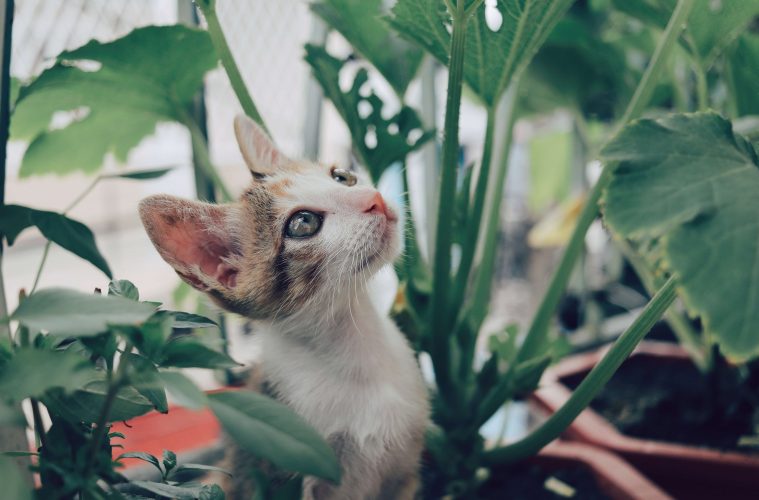Creating a lush and vibrant garden is a dream for many homeowners, but it’s essential to consider the safety of your furry friends as you choose your green companions. While numerous plants can enhance the beauty of your outdoor space, some can be potentially harmful to your pets. By understanding the risks associated with certain plants, you can strike a balance between a captivating garden and the safety of your beloved pets.
Some common garden plants that can be poisonous if consumed by your pet include:
Cycads
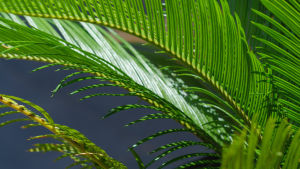
Pexels
Cycads, often praised for their prehistoric charm, have been around for millions of years. These plants boast striking foliage and can lend an air of elegance to any garden. However, many cycads contain toxins, particularly cycasin, which can be extremely harmful if ingested by pets. Symptoms of cycad poisoning may include vomiting, diarrhea, lethargy, and even liver damage. To keep your pets safe, consider alternative plants with a similar aesthetic appeal, like ferns or palms.
Syringa Berry Trees
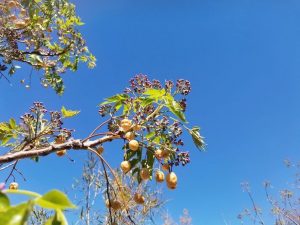
Pexels
Syringa berry trees, celebrated for their enchanting fragrance and clusters of colorful berries, can be a source of concern for pet owners. While the berries might be visually appealing, they contain compounds that can lead to gastrointestinal distress, vomiting, and diarrhea if consumed by pets. It’s wise to opt for non-toxic alternatives such as dogwood or serviceberry trees to ensure your garden remains both pleasing and safe for your four-legged friends.
Read more: Pet peeves: All of your house pets questions answered
Delicious Monsters

Pexels
Delicious Monsters, also known as Swiss Cheese Plants, have gained popularity for their unique foliage and striking appearance. However, their alluring aesthetic belies potential hazards for pets. These plants contain calcium oxalate crystals that can cause oral irritation, excessive drooling, and difficulty swallowing if chewed on or ingested. To maintain a pet-friendly garden, consider opting for pet-safe indoor plants like spider plants or Boston ferns.
Oleander
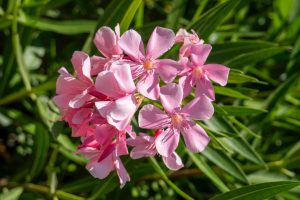
Pexels
Oleanders, with their vibrant flowers and lush green leaves, can seem like a captivating addition to any landscape. Yet, they are considered one of the most toxic plants for both humans and pets. Oleanders contain a range of toxic compounds, including oleandrin and neriine, which can affect the heart, leading to symptoms like irregular heartbeats, vomiting, and even death. To keep your pets safe, choose safer alternatives like butterfly bushes or rose bushes.
Tips for a pet-friendly garden
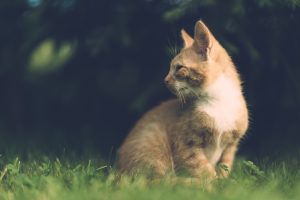
Pexels
Research and education: Before adding any new plant to your garden, research its potential toxicity to pets. Knowledge is your best defense.
Separation: If you’re attached to potentially toxic plants, consider placing them in areas that are inaccessible to your pets, such as hanging baskets or elevated planters.
Pet-centric landscaping: Opt for plants that are known to be safe for pets, like marigolds, sunflowers, or pet grass. These can create a vibrant and safe environment.
Supervision: While pets should ideally be trained to avoid plants, keeping a watchful eye on them when outdoors can help prevent accidental consumption.
Consult a professional: If you’re uncertain about the safety of a specific plant, consult a veterinarian or horticulturist for guidance.
ALSO SEE:
A version of this article was originally published in the Garden&Home September 2022 printed magazine.
Feature image: Pexels

